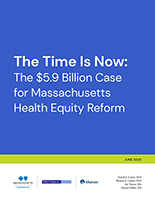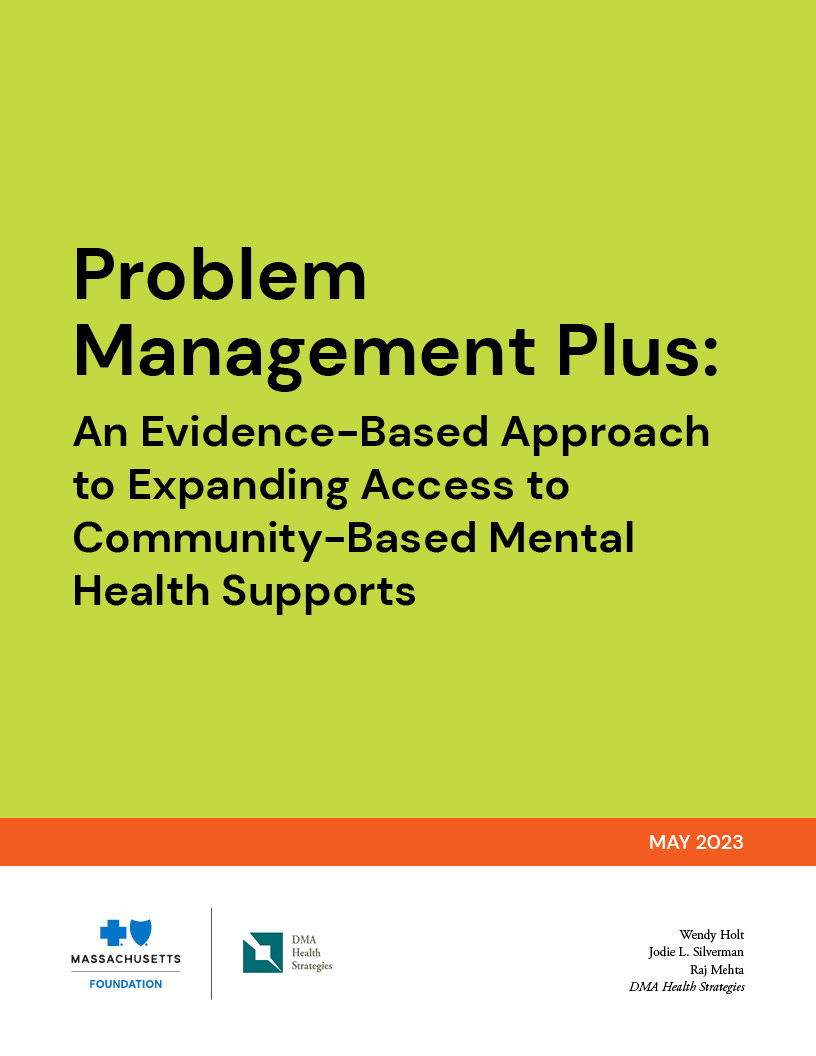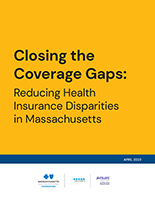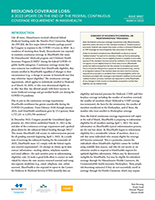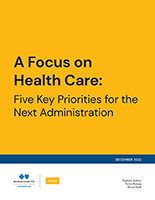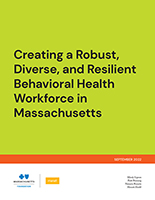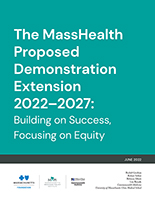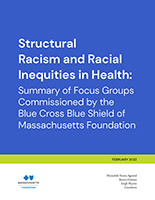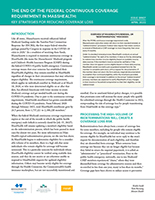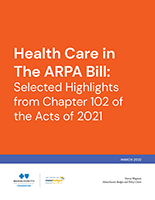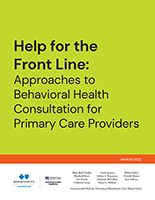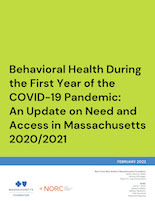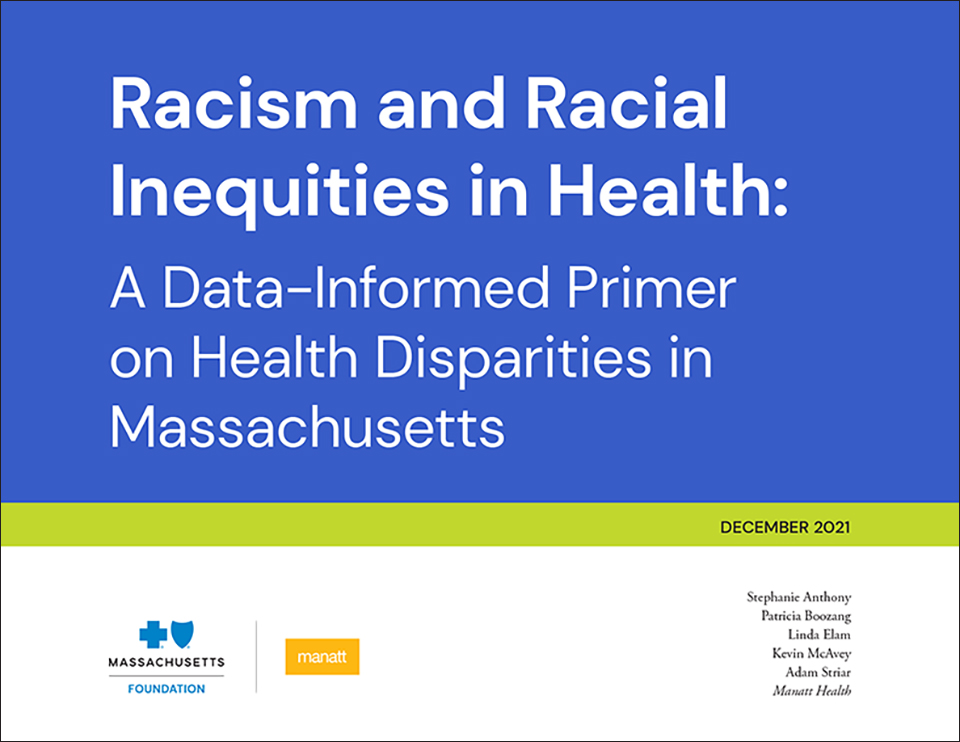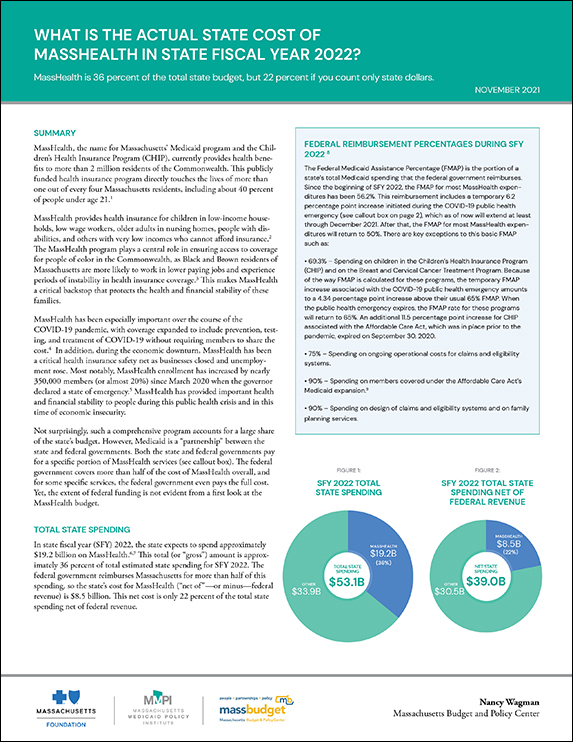The MassHealth Demonstration Extension 2022–2027: Building on Success, Focusing on Equity
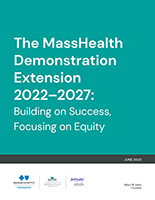
Massachusetts administers much of MassHealth through an 1115 Demonstration waiver, approved by the Centers for Medicare and Medicaid Services (CMS), which it has extended several times since it was originally approved in 1995. On September 28, 2022, CMS approved Massachusetts’ request for a five-year extension of its Demonstration, which is in effect from October 1, 2022 through December 31, 2027. While the latest approved Demonstration largely aims to continue and improve upon the programs and initiatives that were part of the previous Demonstration, an area of specific focus within this extension is advancing health equity within the MassHealth program. As part of this, MassHealth seeks to promote health equity by both building on current program elements and introducing new strategies such as investing in certain populations that experience persistent health disparities and creating incentives for ACOs and hospitals to measure and reduce health disparities.
This report and accompanying infographic describe the approved MassHealth Demonstration extension, what it means for MassHealth coverage moving forward, and implications for members, providers, and Massachusetts.

